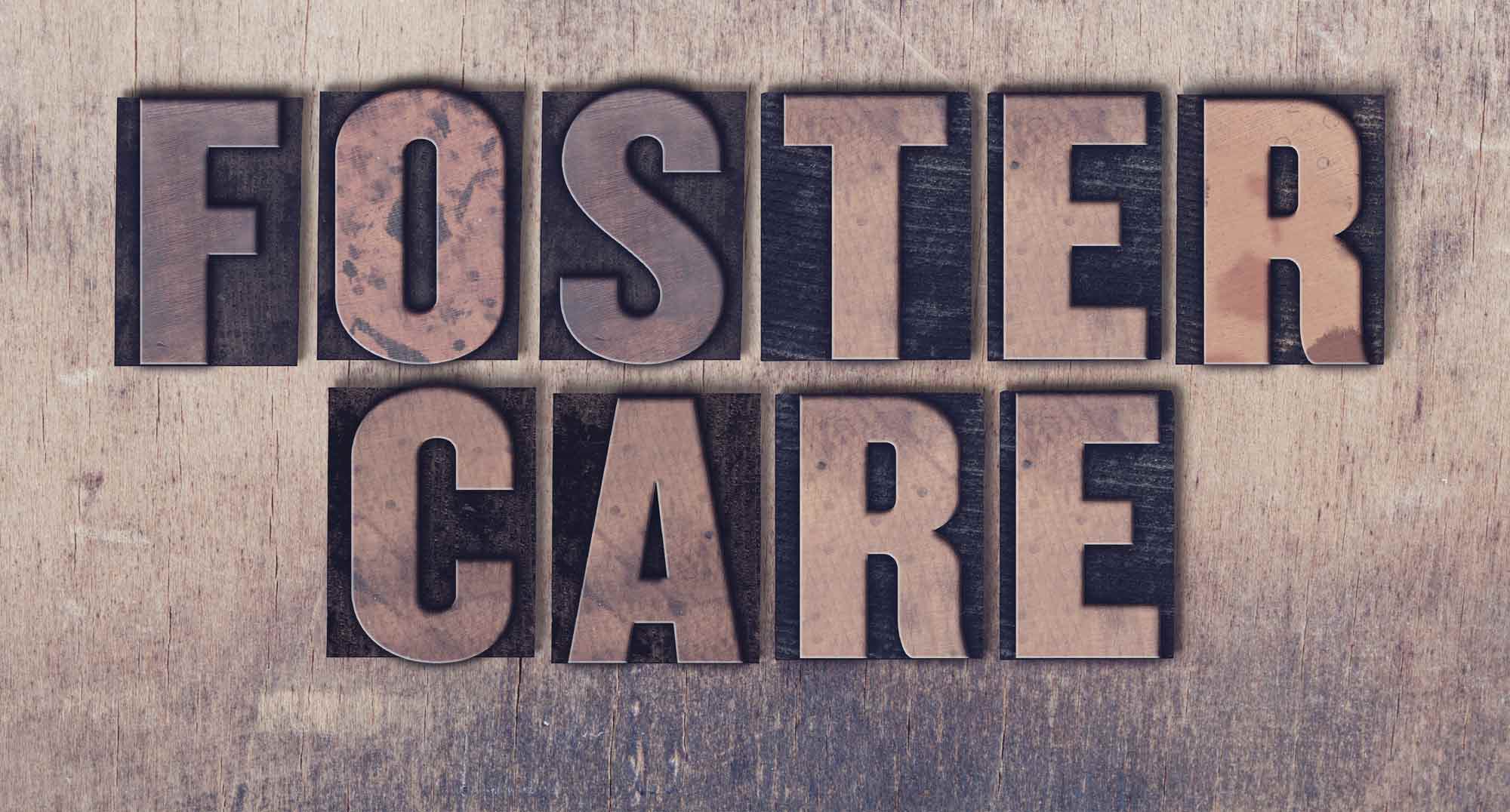Be Ready and Willing to Serve
JESSICA ROAN | GUEST It was more than just “one of those days.” It was more like “one of those months” or “one of those years”, a time unlike any I had ever experienced before. It was the fall of 2021, and while our school district was going back to school, it was unlike any other first week of school in my memory. It was the return to school after quarantines and fear and chaos of the pandemic. As teachers, we all began that week feeling uncertain and unsettled. On this busy day, I received an email. I recognized the name as soon as it came across my screen, but what the email contained caught me by surprise. This former student wanted me to read her admissions essay for a Christian college. I knew her and her family, so this request was fitting, but as I read her testimony about how God had transformed her life and family, my heart melted. I was in no mood for this unexpected task, but after a deep breath and prayer for a change of heart, this act of service reminded me to appreciate the blessings of life in Christ and the opportunities he puts before us whether we see them or not. It takes Time to Serve Those Around Us If you’re anything like me, I am driven by a schedule. From the time my alarm goes off at 5:20 AM until my head hits the pillow, I have an agenda. Chores to do, papers to grade, activities to cart my kids to, dinner to make. Amidst this seemingly endless list of “to dos” are numerous interactions with my family members, students, coworkers, friends, and more. Is hospitality on my mind, whether it be in the form of a kind word, a thoughtful question, or just lending a listening ear? Honestly, no. Most often, I am just hoping the day has no bumps so that I can get the most done in the least amount of time. Jesus, on the other hand, never failed to entertain minister to those the Father brought into his path. He had an agenda: the souls of men. No one he met with was in the way or an inconvenience. He healed the hearing of a deaf man in Mark 7, healed a withered hand on the Sabbath— contrary to the rules of the grumbling pharisees (Luke 6)— and bought bread for a large group of people who followed him (John 6). Even when the disciples tried to free him from dealing with a group of children, . . . “Jesus said, ‘Let the little children come to me and do not hinder them, for to such belongs the kingdom of heaven’” (Mark 19:14)...










